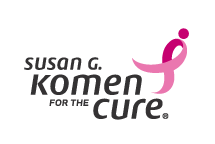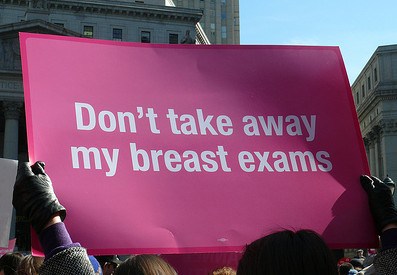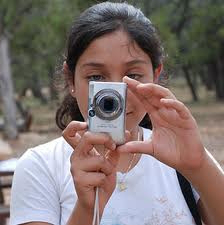The Only Noise That Matters
 News of the Susan G. Komen Foundation’s decision – and quick reversal – to cut off funding to Planned Parenthood was a textbook case of the power of social media. Tweet after tweet, post after post on Facebook, the blogosphere, You Tube, reader comments on hundreds of message boards, discussion groups, chat rooms – almost every type of social media tool available was a delivery channel for emotional advocacy of the two organizations.
News of the Susan G. Komen Foundation’s decision – and quick reversal – to cut off funding to Planned Parenthood was a textbook case of the power of social media. Tweet after tweet, post after post on Facebook, the blogosphere, You Tube, reader comments on hundreds of message boards, discussion groups, chat rooms – almost every type of social media tool available was a delivery channel for emotional advocacy of the two organizations.
The New York Times reported that by week’s end, some 1.3 million tweets relating to the funding issue had been sent. Facebook users by the thousands shared links declaring “I Still Stand with Planned Parenthood.” or passed along the message “Don’t Throw Planned Parenthood Under the Bus.”
One website that tracks Facebook estimated some 20 posts per minute were made for and against the two organizations. Planned Parenthood advocates charged that the decision was based on politics and increased pressure by staunch conservatives. Komen pointed to a policy that negated funding for organizations that were under investigation. Many Komen supporters, however, including grassroots affiliates, strongly disagreed with the organization’s stand. Supporters were angered that breast cancer screening was becoming such as sectarian issue.
 The Facebook posts I saw last week communicated a sense of outrage. Planned Parenthood provides breast cancer screening services for low-income and minority women – those that are often most vulnerable and least able to obtain quality care. It was more than a so-called “pro-choice” vs. “pro-life” argument. The broad support shown by so many people, across multiple social media platforms was a clear statement that women’s health issues matter.
The Facebook posts I saw last week communicated a sense of outrage. Planned Parenthood provides breast cancer screening services for low-income and minority women – those that are often most vulnerable and least able to obtain quality care. It was more than a so-called “pro-choice” vs. “pro-life” argument. The broad support shown by so many people, across multiple social media platforms was a clear statement that women’s health issues matter.
Online users on both sides of the issue, who had never considered themselves activists, joined in this virtual conflagration; messages flew back and forth so fast that it was hard to keep up at times. It was really amazing to watch all of the activity unfold in real time. Many who commented also followed up with financial donations to these organizations; Planned Parenthood reported they raised over $3 million in just a few days, well beyond the roughly $700K they would have lost from Komen. Big names like the Fikes Foundation and New York Mayor Michael Bloomberg made news by pledging substantial financial support.
After just a few days of unrelenting criticism that even reached into Congress, Komen did an about face. Planned Parenthood’s current funding was reinstated and the organization will be eligible for future grant considerations. Once again, social media buzzed loudly with opinions on the news — did Komen executives “cave in” as conservatives charge, or was the online noise so overwhelming that they had no other option?
The Komen Foundation will be dealing with the fallout from this incident for quite some time. It is a real-time case study of social media’s effectiveness. Twitter, Facebook, and other Web 2.0 tools have again shown their value – helping to bring down dictators, overthrow governments, keep people connected during natural disasters.. as well as PR disasters generated by organizations that still underestimate their noise.
News of the Susan G. Komen Foundation’s





